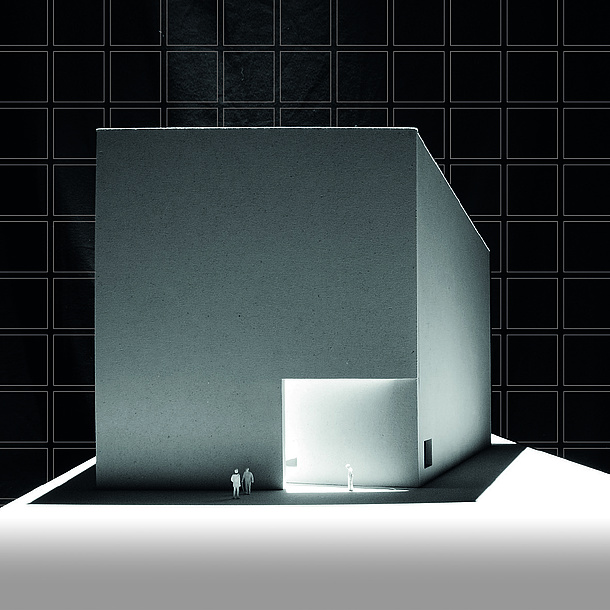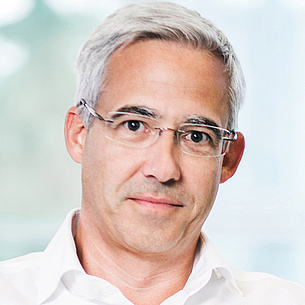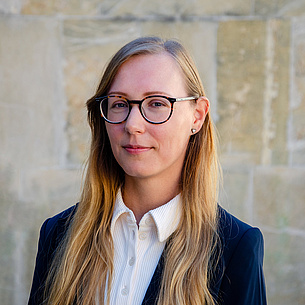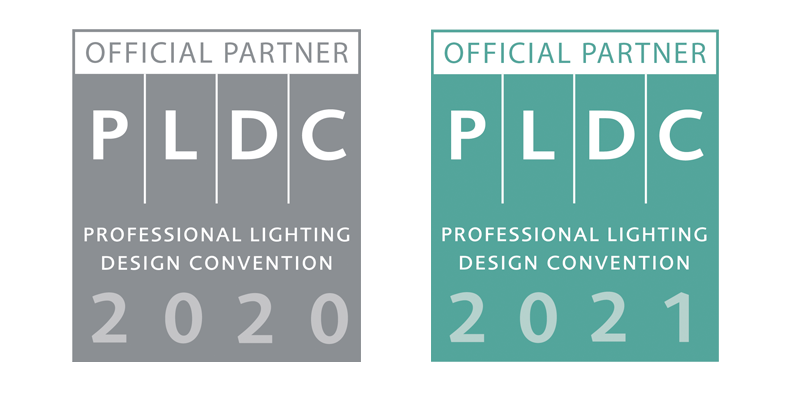Content
Module I: Principles of Light and Lighting
- Principles of lighting technology, optics, the human eye
- Lighting systems and lamps
- Lighting technology of the future
- Lighting applied calculations, Basics
- Standards, light and energy
- Overview into lighting research
Module II: Light and its effects
- Light directions and light quality in space
- Seeing and perceiving
- Interdisciplinary approach to light: Chronobiology, physiology, psychology, medicine and art
Module III: Light and Design
- Relationships between architecture, space and light
- Introduction to designing with light
Module IV: Practice
- Principles of light measurement technology in theory and practice
- Design of a lighting concept in a project with a final presentation
Target Groups and Admission Requirements
- Technicians with related work experience in the lighting industry and a degree from a technical college (e.g. HTL).
- Bachelor’s or master’s degree in electrical engineering, lighting engineering or architecture.
- Bachelor’s or master’s degree in unrelated disciplines (for example business studies) with appropriate job experience in the lighting industry.

Dates and Deadlines
- Next course start: to be annouced
Quick Facts
- Duration: 2 weeks full-time, summer school
- Completion: TU Graz certificate
- ECTS credit points: 6
- Language of instruction: English
- Participation fees: € 3,900 (VAT exempt) including course materials, beverages during the breaks and excursions
- Course venue: TU Graz
Syllabus (in German)

Space, its materiality and light are causally linked to each other. Thanks to the sun, we are spoiled by a multitude of light qualities. That is why we make an effort to produce them with artificial light. As a result, a trained eye for causal relations and light quality is required as well as thorough basic knowledge of requirements and developments in lighting technology.
Practice-oriented Learning
- Lectures from scientific experts and expert working professionals
- Training documents tailored to the needs of its target audience
- Field trips

Everyday we experience how great lighting design can be when implemented well. In order to do that, a designer requires a broad set of knowledge from varying disciplines. We are happy to announce that we have found a perfect partner, the TU Graz, in order to share the knowledge of this diverse field in a compact format.

Contact
Sarah Meinhardt
BA
TU Graz Life Long Learning
Tel.: +43 316 873 4945
lifelong.learning@tugraz.at
Academic Directors
Birgit SCHULZ
Dr., MSc
Institute of Spatial Design
b.schulz@tugraz.at
Irmgard FRANK
Univ.-Prof. MMag.

Graz University of Technology is proud to support the Professional Lighting Design Convention, PLDC, as a Partner University. The Convention, organised by VIA-Verlag, was created for the global lighting design market. Designers, architects, researchers, universities, industry and clients use PLDC as a platform to meet, learn about the latest developments in lighting design, and discuss the future of the lighting profession. PLDC stands for high-quality knowledge transfer and international networking opportunities.
PLDC 2020 will take place in New York City/US, and PLDC 2021 in Stockholm/SE.
Please visit www.pld-c.com for more information.

